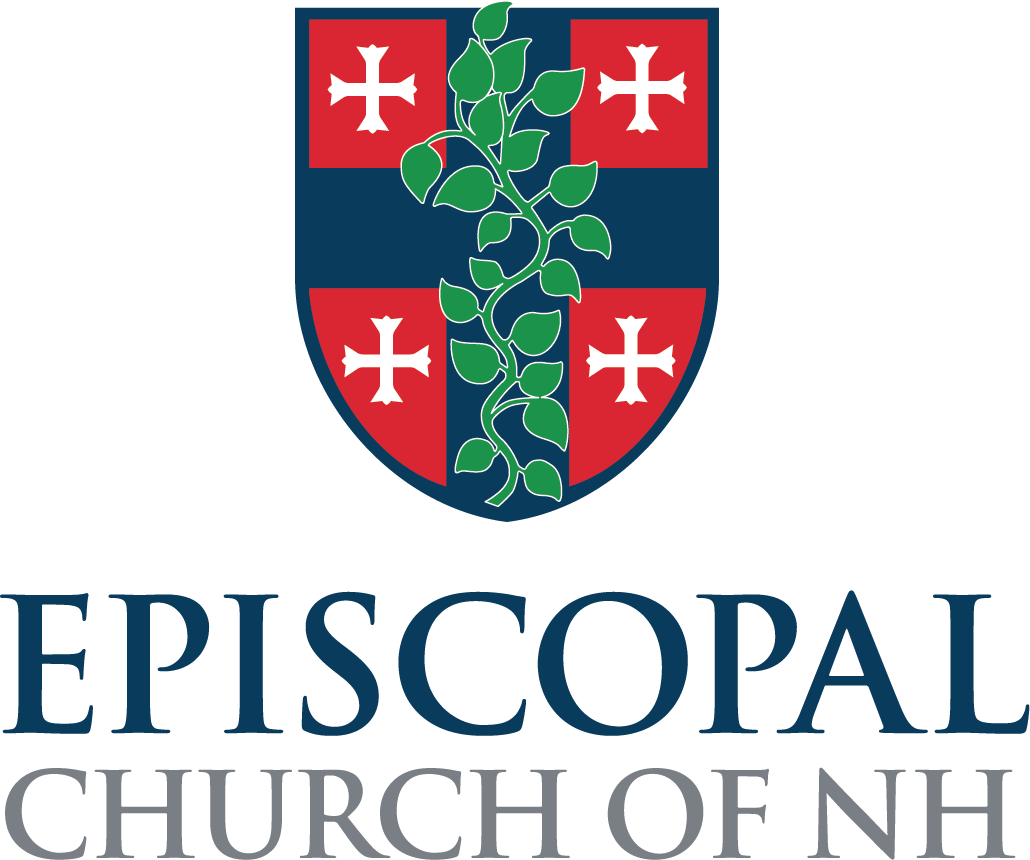A week ago in Church, we read again of how Jesus travelled outside of his home territory into the Roman province of Syria, more specifically the region of the old cities of Tyre and Sidon. There, He encounters a person of a different ethnicity, religion, gender, and probably even race, than his own.
The story of the “Syrophoenician woman” of Mark’s Gospel provides us a clear and irrefutable response to the provocative question, “What would Jesus do?” When faced with the desperate need and the urgent appeal of a stranger--a person who can claim no cultural or national affinity with Himself--Jesus allows Himself to be moved. Even if he felt initially resistant to helping the Gentile, or “pagan,” he allows his own heart to be opened to feel compassion for the plight of this unnamed foreign woman and her suffering daughter. What would Jesus do? He would allow his own privilege and allegiance to give way to the suffering of the one who humbled herself, asking for mercy.
Also a week ago, we also began to receive the persistent accounts of this woman’s own descendants, Syrians from the same region of the world, who seek to be relieved from the unspeakable violence of the civil war that rends apart that country. We hear of the scores of refugees from the Middle East, including young children, being left for dead in an overheated truck in Austria. We also saw the photograph of the lifeless body of a three-year-old boy, Aylan Kurdi, washed up in a Turkish beach having drowned, along with his mother and five year old brother, as they fled the fighting in their Syrian hometown in the hopes of eventually finding safety with family in Canada.
It’s really not a question of what would Jesus do, as though Jesus were absent now and available to us only as a matter of speculation. It’s a question of what the Risen Body of Jesus Christ, the Church, is doing and is capable of doing, right now, among us. The Bishop of Rome, Pope Francis, has issued a call for every Roman Catholic parish in Europe to provide refuge and sanctuary for at least one refugee household. As I have heard from several congregations now in New Hampshire, I am confident that were we located there, most of our congregations would answer such a call with compassion and hospitality. As the U.S. State Department considers how to bring refugees to communities such as Manchester, Concord and Laconia, we can prepare ourselves to be open as Jesus was, and still is, open to the Syrophoenician woman, who may be coming to New Hampshire.
In the meantime, we pray and work for peace in this and all parts of the world terrorized by violence and war. We pray for those most vulnerable of populations, especially women and girls who are targets of sexual violence perennially used as a weapon of warfare. And, we give of our substance, not just the crumbs that fall from the table, of our own relative abundance.
To learn more about the causes and the extent of this, the worse refugee crisis since World War II, you can go to website for the United Nations High Commissioner on Refugees (UNHCR), which maintains a web portal for aid groups in the region to share information and coordinate response: http://data.unhcr.org/syrianrefugees/regional.php.
“Refugees From Syria, a Cultural Orientation Backgrounder,” offers provides more information about the unique experiences, trauma, and needs of the Syrian refugee population: http://www.culturalorientation.net/learning/backgrounders.
Or, watch The Episcopal Migration Ministries’ video on “Syria’s Refugees: The Episcopal Church’s Response:” https://vimeo.com/114033002.
President Obama announced this week that while the administration was continuing to examine responses to a refugee crisis, the United States will raise the number of Syrian refugees admitted to at least 10,000 in the new fiscal year beginning in October, from fewer than 2,000 in the current fiscal year. Learn more at https://www.whitehouse.gov/the-press-office/2013/09/24/fact-sheet-us-humanitarian-assistance-response-syrian-crisis.
To provide meaningful relief to those affected, I encourage our parishes and people to make contributions or learn more about these partners, who are equipped to help:
Episcopal Migration Ministries
Episcopal Migration Ministries is The Episcopal Church’s foremost response to refugee crises. Working in partnership with offices and groups within the church as well as with governments and non-government organizations (NGOs), Episcopal Migration Ministries assures safe passage and provides vital services for thousands of refugee families upon their arrival in America: English language and cultural orientation classes, employment services, school enrollment, and initial assistance with housing and transportation. For each family, the goal is self-reliance and self-determination. Learn more at: http://www.episcopalchurch.org/page/episcopal-migration-ministries.
Episcopal Relief & Development
Episcopal Relief & Development is the compassionate response to human suffering in the world. Hearing God's call to seek and serve Christ in all persons and to respect the dignity of every human being, Episcopal Relief & Development serves to bring together the generosity of Episcopalians and others with the needs of the world. You can make a gift or learn more at https://www.episcopalrelief.org.
Welcoming America
Welcoming America is a national nonprofit that helps communities achieve prosperity by becoming more welcoming toward immigrants and all residents. National Welcoming Week is celebrated September 12-20. To find events in NH and across the US, visit: http://www.welcomingamerica.org
Ascentria Care Alliance
Ascentria is the local community service organization, which works most closely with the resettlement of refugees, serving their needs socially, spiritually and economically. Inspired by their faith-based heritage, Ascentria “envisions a world in which everyone can realize their fullest potential and share with others in need.” More at
The Missionary Society
The Domestic and Foreign Missionary Society of the Protestant Episcopal Church pools its members together to advocate for solutions to a variety of pressing issues, including domestic poverty, environmental protection and global justice. More at http://www.episcopalchurch.org/page/missionary-society.
